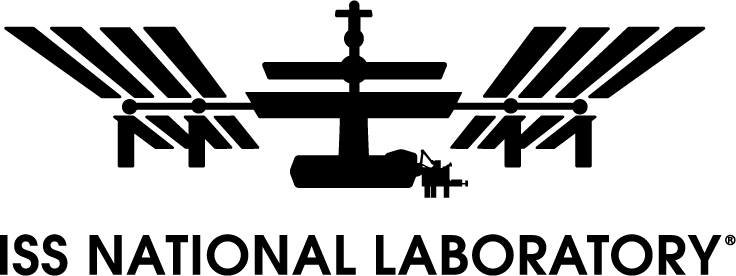Channels
Special Offers & Promotions
SpaceX Returns Vital Life Science Research Sponsored by the ISS National Lab

Dozens of science and technology development payloads returned to Earth from the International Space Station (ISS) on December 22 as SpaceX’s 29th Commercial Resupply Services (CRS) mission, contracted by NASA, successfully concluded.
More than 30 payloads sponsored by the ISS National Laboratory® returned on this mission, many of which were life science investigations aimed at benefiting humanity by improving care for patients on Earth.
Here is a quick look at some of the payloads that returned on SpaceX CRS-29:
- Researchers from the Naval Research Laboratory sent microbes to the orbiting laboratory to better understand how microgravity and space radiation affect their ability to produce melanin. Results could enable the production of new melanin variants and ultimately new biomaterials with valuable applications in drug delivery and protective coatings for spacecraft and spacesuits.
- An investigation from the University of California, San Francisco (UCSF) that was funded by the U.S. National Science Foundation (NSF) focused on aging and liver regeneration. Inspired by previous research, the UCSF team utilized3D immune-liver tissue chips in space to better understand the relationship between immune system aging and the ability of liver cells to regenerate, which could lead to novel therapies on Earth.
- An investigation from the University of California, San Diego (UCSD), which also builds on previous space station research, studied microgravity’s effects on stem-cell derived brain organoids. The project leveraged accelerated aging in space to better understand how cognitive decline happens in the human brain. Results could lead to new ways to treat dementia, Alzheimer’s, and other neurodegenerative conditions.
- Earlier this summer, a team from Emory University continued research on station examining how microgravity affects the growth and function of heart muscle cells as they mature into tissue-like structures. Findings will help advance heart disease modeling and could contribute to the development of new therapies for patients on Earth.
- A project from biotech startup Axonis, which also launched earlier this summer, examined how microgravity affects the maturation of human brain cells as they form three dimensional spheroids that mimic certain aspects of the human brain. Findings will help improve disease modeling and aid in the development of new treatments for neurological disorders.
The ISS National Lab enables access and opportunity for researchers to leverage this unique orbiting outpost for the benefit of humanity and to enable commerce in space. To learn more about ISS National Lab-sponsored investigations that flew on SpaceX CRS-29, please visit our launch page.
About the International Space Station (ISS) National Laboratory
The International Space Station (ISS) is a one-of-a-kind laboratory that enables research and technology development not possible on Earth. As a public service enterprise, the ISS National Laboratory® allows researchers to leverage this multiuser facility to improve quality of life on Earth, mature space-based business models, advance science literacy in the future workforce, and expand a sustainable and scalable market in low Earth orbit. Through this orbiting national laboratory, research resources on the ISS are available to support non-NASA science, technology, and education initiatives from U.S. government agencies, academic institutions, and the private sector. The Center for the Advancement of Science in Space™ (CASIS™) manages the ISS National Lab, under Cooperative Agreement with NASA, facilitating access to its permanent microgravity research environment, a powerful vantage point in low Earth orbit, and the extreme and varied conditions of space.
Media Partners


